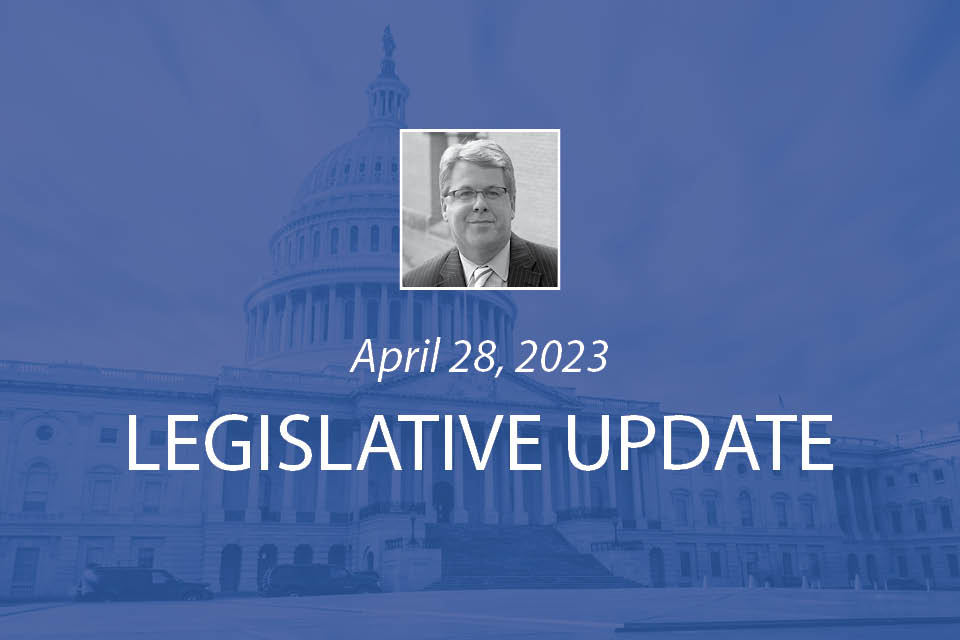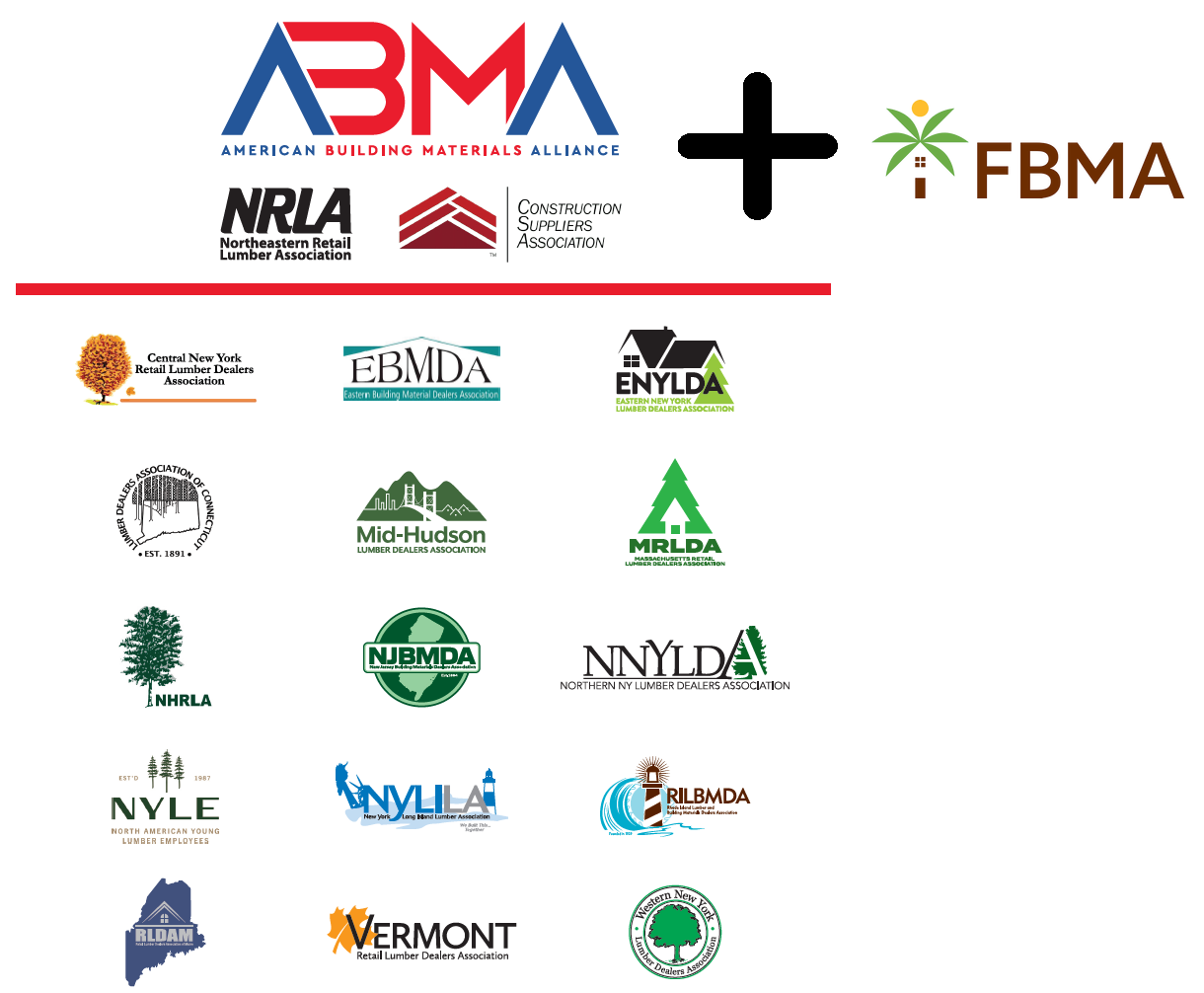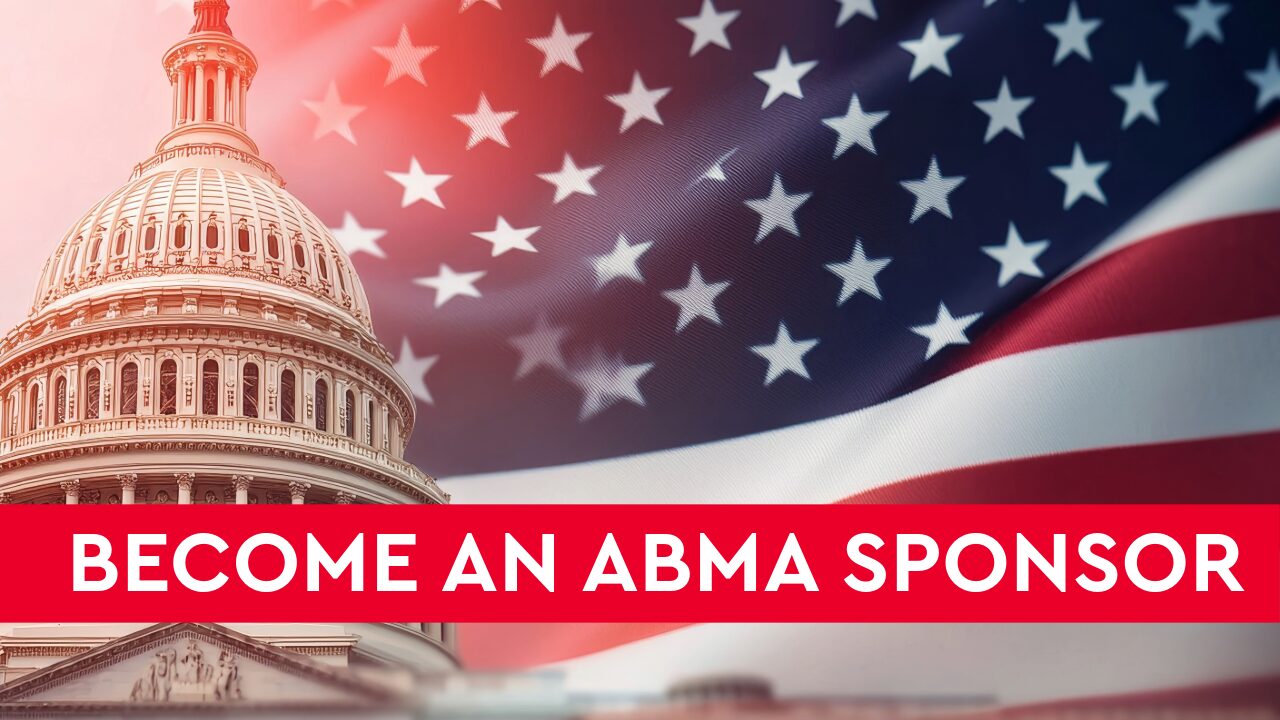Congress
This week, all eyes were on the House and efforts to pass legislation avoiding a situation where the U.S. defaults on its debt. The House Rules Committee held a marathon session Tuesday, which slipped into the early hours of Wednesday, altering the debt ceiling bill to assuage concerns of various Members in the Republican Caucus. Recall that, in addition to raising the debt ceiling by $1.5 trillion, the legislation includes several “pay fors” including language repealing renewable energy tax incentives that were part of the Inflation Reduction Act. Several House Republicans from corn growing states objected to this approach and threatened to withhold their support as it would negatively impact the corn ethanol industry. As a result, the biofuel tax credits were left alone, and ultimately Speaker McCarthy and the Republican whip operation corralled enough votes for it to pass the chamber narrowly late Wednesday afternoon by a vote of 217-215. Joining all House Democrats in voting “no” were Representatives Matt Gaetz (R-FL), Ken Buck (R-CO), Andy Biggs (R-AZ) and Tim Burchett (R-TN).
In addition to raising the debt ceiling, the measure would:
- Rescind all unobligated COVID relief money authorized between 2020-22;
- Block student loan relief;
- Impose additional work requirements for public assistance programs; and
- Enact fossil energy project permitting legislation.
The bill—known as the Limit, Save, Grow Act—is dead on arrival in the U.S. Senate, but its passage does put pressure on Senate Democrat leadership and the White House to negotiate. Up until this point, the White House and Senate Democrats have insisted that any debt limit bill sent to the President be “clean,” meaning no policy riders or deficit reduction measures. Estimates are that we will bump up against the debt ceiling sometime in July if there is no Congressional action before then.
LICENSE Act
The ABMA-supported LICENSE ACT (Licensing Individual Commercial Exam-takers Now Safely and Efficiently (Act) is slated for introduction today. The legislation codifies a couple of waivers that were issued during the pandemic to streamline and make more efficient the process of obtaining a commercial drivers license (CDL).
BACKGROUND: During the COVID-19 pandemic, many states closed or reduced hours of operation in their State Driver Licensing Agencies (SDLAs), and the backlog of CDL applications and renewals grew to unsustainable levels. Several states still have not returned to normal customer service levels despite the continued need for immediate transportation of essential supplies and equipment, which requires an adequate and sustained supply of drivers trained to operate commercial motor vehicles (CMVs). In response, the Federal Motor Carrier Safety Association (FMCSA) issued waivers to provide the following regulatory relief without compromising safety or security:
- Allow state authorized third party-skills test examiners who have maintained a valid CDL test examiner certification and have previously completed a CDL skills test examiner training course to administer the CDL knowledge test as well; and
- Allow states to administer a driving skills test to any out of State CDL applicant, regardless of where the applicant received driver training.
The LICENSE Act would codify these improvements in law and make permanent the efficiencies that the trucking industry has benefitted from over the course of the pandemic. This bill is bipartisan and bicameral, with legislation being introduced in both chambers. In the House, Rep. Darin LaHood (R-IL) is the lead sponsor joined by Reps. Troy Balderson (R-OH), Dusty Johnson (R-SD), Jim Costa (D-CA) and Henry Cuellar (D-TX). In the Senate, Sen. Cynthia Lummis (R-WY) is leading on the bill, and she is joined by Sen. Mark Kelly (D-AZ). ABMA issued a statement of support and sent it to the sponsors’ offices for use in their media roll out.
Provisions of this legislation are also a part of the ABMA-supported SHIP IT Act.
Small Business Hearing on Workforce
On Wednesday, the House Small Business Committee’s Subcommittee on Innovation, Entrepreneurship, and Workforce Development held a hearing titled: Help Wanted: Exploring How Alternative Paths to Student Debt Can Help to Strengthen Small Business. The hearing provided a valuable forum for witnesses to discuss their workforce challenges and the urgent need to raise awareness among high school students that there are options beyond high school outside of a traditional four-year college degree. Subcommittee Chairman Marc Molinaro (R-NY) issued a compelling opening statement at the hearing that eloquently touches on the workforce challenges most small business employers are facing and potential solutions.
Labor Secretary Confirmation
The Health, Education, Labor, and Pensions (HELP) Committee voted 11-10 Wednesday to move Acting Secretary of Labor Julie Su’s nomination to be Secretary of Labor to the Senate floor. Su was California’s Labor Secretary before joining the Biden administration as Deputy Labor Secretary in 2021. The Su nomination’s fate still hangs in the balance, however, as moderate Senate Democrats like Joe Manchin (D-WV) and Kyrsten Sinema (I-AZ) have not signaled whether they support Su to lead the department. A single “no” vote in the Democratic caucus would derail her nomination, given that Senator Dianne Feinstein (D-CA) remains on medical leave.
Su has come under fire from the business community based on her record in California overseeing implementation of A.B. 5, the controversial state law requiring companies to reclassify independent contractors as “employees” with few exceptions. As we know, the independent contractor model is popular in the trucking industry, and ABMA is following the federal independent contractor policymaking closely.




